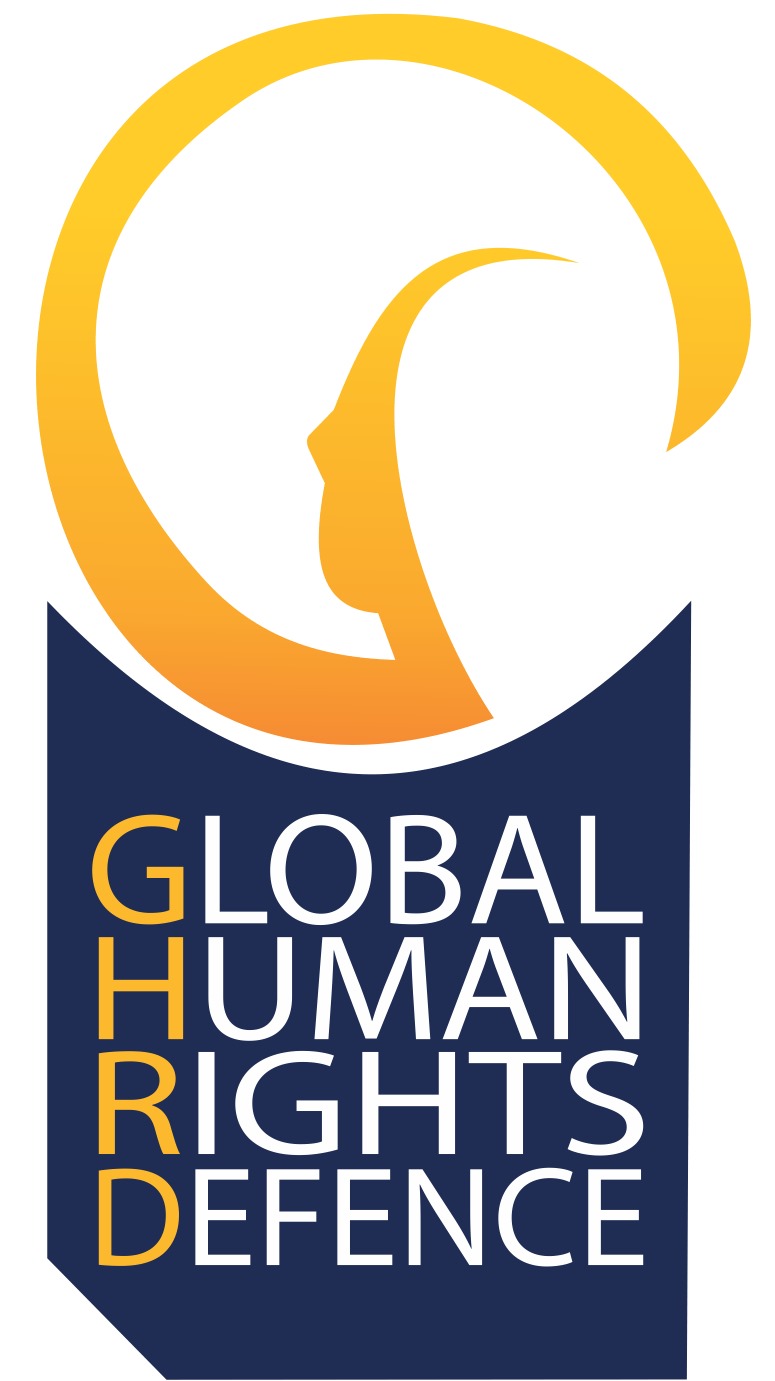- info@ghrd.org
- Mon-Fri: 10.00am - 06:00pm
HRC 54th session: Daily Overview of 26th of September Events

HRC 54th session: Daily Overview of 26th of September Events
Photo Source: ghrd Staff.
26.09.2023
Topic: United Nations
Region: Global
Roza Cseby
Team UN Geneva Researcher,
Global Human Rights Defence.
At the 54th Session of the Human Rights Council in Geneva, on the 26th of September, the day began with the Biennial Panel Discussion on Youth and Human Rights with the theme ‘Young People’s Engagement with Climate Change and Global Environmental Decision-Making Processes’. Volker Türk, the High Commissioner for Human Rights opened the session with some general remarks on the importance of the youth in human rights. During the session, youth environmental human rights defenders and youth-led organisations, as well as representatives of United Nations agencies, Member States, and Observers, delivered oral statements. The representative of the Global Youth Biodiversity Network, Xiomara Acevedo Navarro, stressed the concern that young people’s voices are still unheard in climate change issues and called for the pressing need to allocate resources to youth associations. Timor-Leste on behalf of the Community of Portuguese Language Countries (CPLP) said that “young people are not just tomorrow’s leaders, they are today’s leaders,” which was a good summary of this session’s lessons for future policy-making. The majority of participants’ country representatives underscored the importance and support of youth engagement in global affairs as part of a healthy democracy.
The next event regarded human rights in the Islamic Republic of Iran, organised by the Baha’i International Community. It allowed the participants to familiarise themselves with the brutal repression and denial of the fundamental human rights of the Baha’i people by Iran’s State policy. This year marked the 40th anniversary of the tragic execution of ten women in Shiraz, Iran, for their beliefs and commitment to gender equality. The documentary Before Sunrise, about the unfolding story of Iranian women’s resilience and their sacrifice for equality, was screened at the event, making a lasting impact upon the audience on the struggles of Iranian women for their beliefs and identity which continues today.
This next focus was on the situation of human rights in Myanmar, in the form of an interactive dialogue on the report of the Office of the High Commissioner, which covered findings between April 2022 and July 2023. It identified violations of international human rights and humanitarian law, including killings, forced displacement, denial of aid, and discrimination against Rohingya based on 161 interviews, satellite images, and other sources. It also highlighted escalating military violence since the coup, with patterns of systematic targeted killings and mass arrests. The High Commissioner concluded the event as follows:
Given the continuing gravity of the situation and impunity on the ground, I reiterate my call for the UN Security Council to refer this situation to the International Criminal Court. People in Myanmar have long suffered with insufficient attention being paid by the international community to their plight. That must change.
The last session of the day was an extensive general debate on the most pressing human rights violations around the world. The oral statements ranged from the dire human rights situation of women in Afghanistan and Iran, the repression of minorities by China in Hong Kong and in Xinjiang Uyghur Autonomous Region, and by Azerbaijan in Nagorno-Karabakh, to the condemnation of serious war crimes in Sudan and Ukraine and the concerning restriction of civil society and assembly rights in Nicaragua, Russia, and Belarus. States who opposed the mainstream opinions of the Member States and Observers were Azerbaijan, Venezuela, Iran, China, Russia, Belarus, Syria, and Nicaragua. They unanimously voiced the double standard, selectivity, and partiality of the Council in its work, as well as the increasing phenomenon of politicisation in the UN Human Rights Council. They also stressed the interference of the Council in domestic affairs of the countries, and criticised several human rights violations and xenophobia in the UK and the United States that are overlooked by the Council.
Lastly, a Sindhi protest was held outside the UN in Geneva, joined by Baloch, Pashtuns, and Kashmiri activists against Pakistan for targeting minorities. The protesters stated that they want justice and recognition for the cruel crimes that happened to their minority group.
Search
ABOUT US
Global Human Rights Defence (GHRD) is a dedicated advocate for human rights worldwide. Based in The Hague, the city of peace and justice. We work tirelessly to promote and protect the fundamental rights of individuals and communities. Our mission is to create a more just and equitable world, where every person's dignity and freedoms are upheld. Join us in our journey towards a brighter future for all.
ALL CONTACTS
-
Riviervismarkt 5-unit 2.07
2513 AM The Hague - Phone +31 62 72 41006
- info@ghrd.org
-
Mon-Fri: 10:00am - 06:00pm
Saturday & Sunday Closed - Bank Details: NL69 ABNA 0417 9430 24
- Chambers of commerce NR. 27261631
SUBSCRIBE
Stay informed and be part of change - Subscribe to our newsletter today!
- Copyright of ghrd 2023. Powered by Desmantle Studio.


Leave a Reply